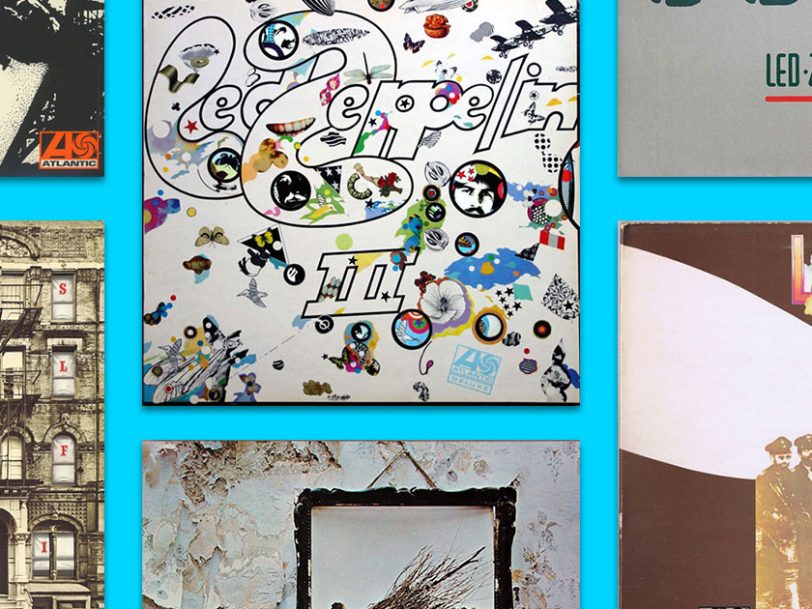Unlike their often thunderous live shows, Led Zeppelin’s studio work told a subtler story. Yes, their fantastic self-titled debut album is regularly cited as one of the cornerstones of heavy metal, but their eight studio albums (nine, if we rightly include the outtakes collection Coda) mirrored the legendary quartet’s relentless desire to change, progress and release records full of richness and diversity. During their 12 years of active service together, frontman Robert Plant, guitarist Jimmy Page, bassist Jean Paul Jones and drummer John Bonham produced one of rock’s most esteemed catalogues, and the best Led Zeppelin albums reveal exactly why their music still soars today.
Listen to the best of Led Zeppelin here, and check out the best Led Zeppelin albums, below.




